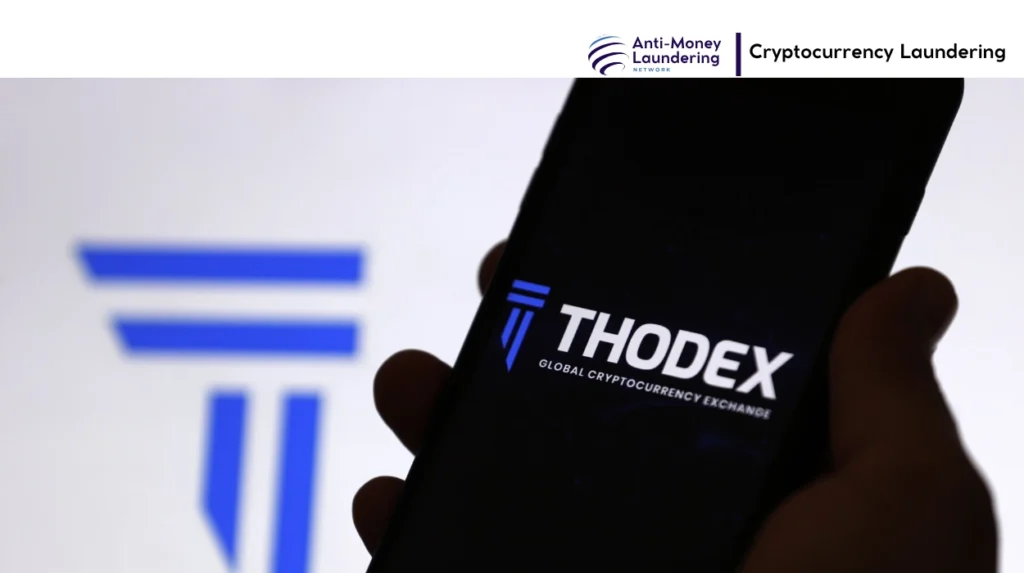The Thodex crypto scam stands as one of the most significant financial crimes in Turkey’s recent history, exposing the vulnerabilities within the country’s burgeoning cryptocurrency market. Centered on a Turkish exchange that abruptly collapsed in 2021, the scandal involved the misappropriation and laundering of billions of dollars from hundreds of thousands of investors. This case not only highlights the risks of inadequate regulatory oversight but also underscores the complex methods of money laundering employed in the digital age. The swift and comprehensive response by Turkish authorities further illustrates the country’s commitment to tackling financial crimes and tightening controls around virtual assets.
The Thodex crypto scam is Turkey’s largest cryptocurrency fraud, involving the theft of around $2 billion from approximately 390,000 investors. In April 2021, the Turkish exchange abruptly suspended operations, and its CEO, Faruk Fatih Özer, fled the country. Turkish authorities quickly froze assets, raided offices, and launched investigations. Özer and co-conspirators used complex laundering techniques by moving funds through multiple wallets and international exchanges. After international cooperation, Özer was extradited, and severe prison sentences were handed down. The case prompted significant regulatory reforms in Turkey’s cryptocurrency oversight and highlighted the need for better anti-money laundering enforcement.

